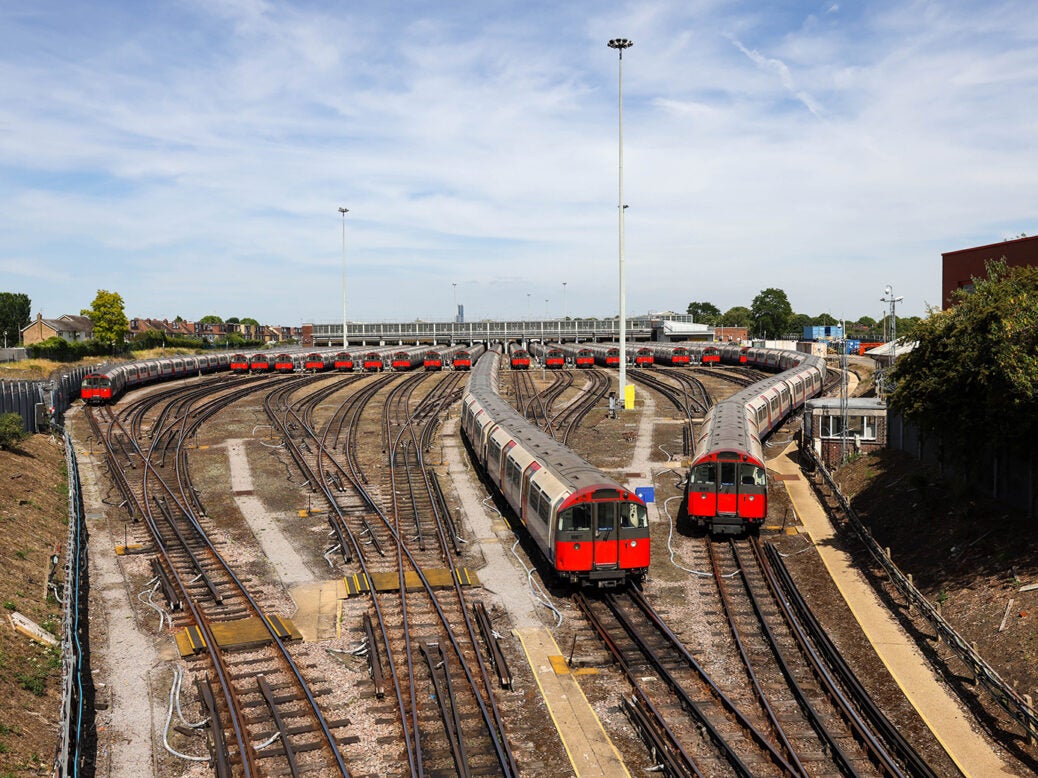
What is the public’s take on the rail strikes? You would be shocked to learn, in a cost-of-living crisis, that voters are sympathetic to workers asking for a pay rise. According to Savanta ComRes, 58 per cent of Britons say the strikes are justified, compared with just 34 per cent who say otherwise. 66 per cent opine that the government has done too little to prevent the strikes from happening, a figure that bodes well for the RMT union, which gets the blame from 49 per cent of voters by comparison.
Any narrative therefore of strivers vs strikers, or moist references to the Thatcher years, featuring a certain Mr Scargill (as deployed by Boris Johnson at this week’s PMQs), will not, I suspect, prove as effective with the public as the Tories hope.
At present, however, according to Opinium, just 41 per cent of the public support the industrial action, compared with 42 per cent who are opposed. This may sound contradictory, but it’s not. Voters are sympathetic to the strikers, but they’re not explicitly pro-strike. As for Labour’s response, just 25 per cent believe the party has been too supportive of the strikes, compared with 26 per cent who think the party has got the balance right.
For an opposition hankering to be something other than an opposition, do these nuances of public opinion present a problem? They shouldn’t do. It’s the government that is being blamed by voters, so the strike presents an opportunity for easy hits on the Conservatives. But over the past few weeks, Labour, as so often, has muddled its messaging. Starmer has spent more time threatening shadow ministers joining picket lines than honing his own line.
And it shows in the data. While 26 per cent of voters think Labour has got the balance right, as said above, 39 per cent know little about the party’s actual position on the strikes. The party, which emerged as the former foreign secretary Ernest Bevin put it, “from the bowels of the trade union movement”, has left voters none the wiser during a union dispute.
If there’s one thing these strikes won’t be, it’s a wedge issue. Voter sympathy for them at present is high. The government is getting the blame – more so than the RMT. And so any attack on Labour’s inoffensiveness on the subject won’t likely score well with voters. That isn’t to say, however, that Labour couldn’t be doing better. Here stands an opportunity for clarity of messaging, but the strikes are another issue on which the party is not seen as a major player or as an alternative.
If the strikes were to widen, the debate would change, as would public opinion. That is when Labour’s inoffensiveness would risk being offensive to voters. The party’s brand is a rather weak one but replacing it with a void is not an electorally appetising solution either. Positions are needed. Fences are not.
[See also: How union boss Mick Lynch won the media war over rail strikes]


